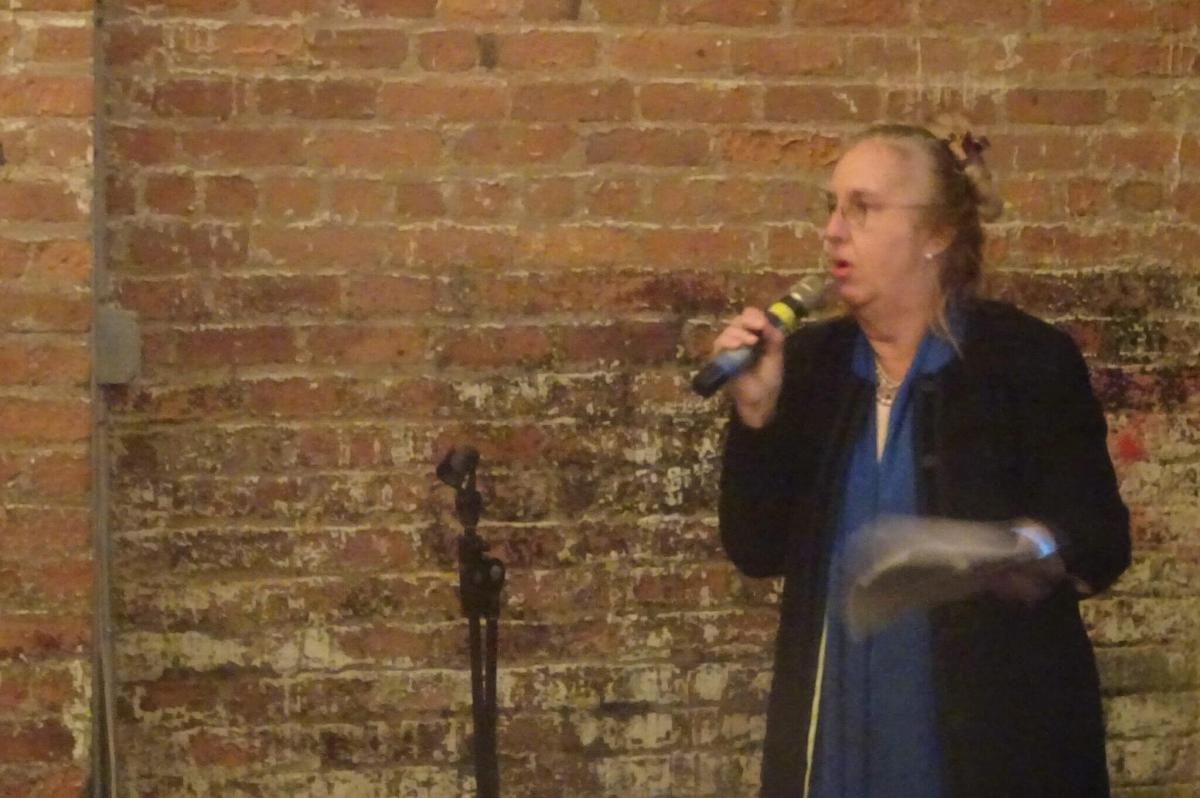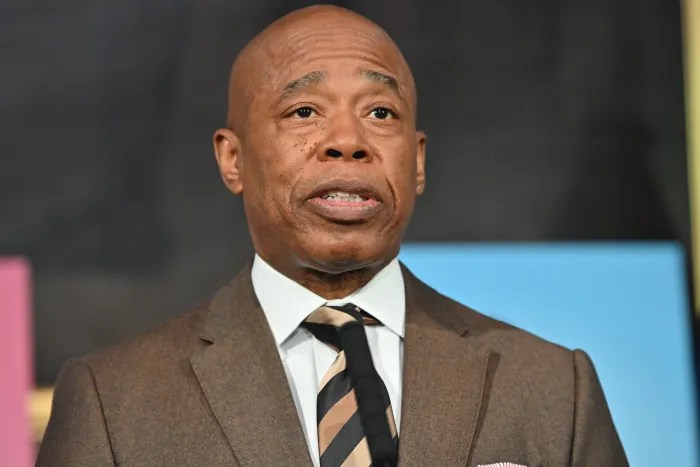Manhattan Borough President Gale Brewer (D) has a vision: a future where 0 percent of our recyclable waste goes to our landfills. Last night, she hosted a meeting featuring a panel of experts and activists who are intent on realizing that vision.
The meeting took place at 6:30 at JCC Harlem, 318 118th St. Among the officials who joined her that night were Matthew Civello, chair of the Manhattan Solid Waste Advisory Board (SWAB); Martin Robertson, Facilities Manager at Strivers Garden; Melissa Iachan, Senior Staff Attorney for the Environmental Justice Program at New York Lawyers for Public Interest (NYLPI); and Chandra Hira, Director of the Zero Waste Communications unit at the DSNY Bureau of Recycling and Sustainability.
The first official to speak was Chandra Hira. As director of the Zero Waste Communications unit, her job is to inform the public of the DSNY’s recycling and waste prevention programs. One such initiative is “ReFashion Week NYC”, an annual initiative that they launched last year. It consists of a weeklong series of shopping and styling events designed to encourage New Yorkers to “elevate their style and reduce their waste” buying clothes secondhand and donating their old clothes.
The intention of ReFashion week is to minimize textile waste, which accounts for 200,000 tons worth of waste that goes to our landfills annually.
Other speakers demonstrated a more institutional approach to tackling the City’s waste problem. Melissa Iachan, a legal expert in the field of garbage regulation, identified systemic problems with the ways we dispose of waste.
As she explained, there are two categories of garbage – residential waste and commercial waste – each with their own collectors. The former is handled by the DSNY, while the latter is handled by private sanitation haulers. This, of course, means that the latter is harder to regulate, and the way they collect trash is far less efficient.
Each commercial business has to sign a contract with their own hauler; as a result, a single community district can have as many as 48 commercial haulers operating within it. To demonstrate the breadth of the problem, she presented a map of Midtown Manhattan, which showed that West 67th Street alone had 141 customers and 26 different haulers collecting there.
“The commercial waste stream is a much larger waste stream than the residential one,” said Iachan. “The number of trucks criss-crossing our streets every day is insane.”
The inefficiency of the system leads to a second problem – namely, the lack of incentive for commercial waste collectors to divert waste from landfills.
“For a small business owner, they may want to actually do it, but the haulers, they have long, inefficient routes to get done,” said Iachan. “They’re all about the bottom line, and frankly, the regulation stinks. So we end up with a lot of waste that should be recycled or composed that ends up in landfills.”
Iachan then detailed some of the policy-based actions the NYLPI has taken to address the problem. In 2017, they put forth a proposal to divide the city into twenty zones, each one serviced by three haulers. The haulers would have to show that they’re capable of servicing the zone efficiently, and when they win the right to do so, they sign a contract with the city. Two years later, the proposal was codified into law with the passage of the Commercial Waste Zone law.
As Iachan pointed out, several other major cities have used similar laws to great effect, including San Francisco and Seattle. Furthermore, the positive effects go beyond waste reduction.
“The benefits of this law include reduced CO2 emissions, increased worker protections, cleaner streets, and, of course, more composting,” said Iachan. “The benefits are for the whole city; we’re all really, really, proud of it, and we’re really excited to see it roll out.”
After the presentation, Gale Brewer gave the attendees a half-hour to mingle, network and brainstorm.
“I know that many of you are passionate about sustainability, and you have your own projects worthy of a presentation,” said Brewer. “You hear on the television all these national speakers saying, ‘I’m so interested in climate change’ and all this other stuff… but they ain’t doing s— compared to all of you.”







































